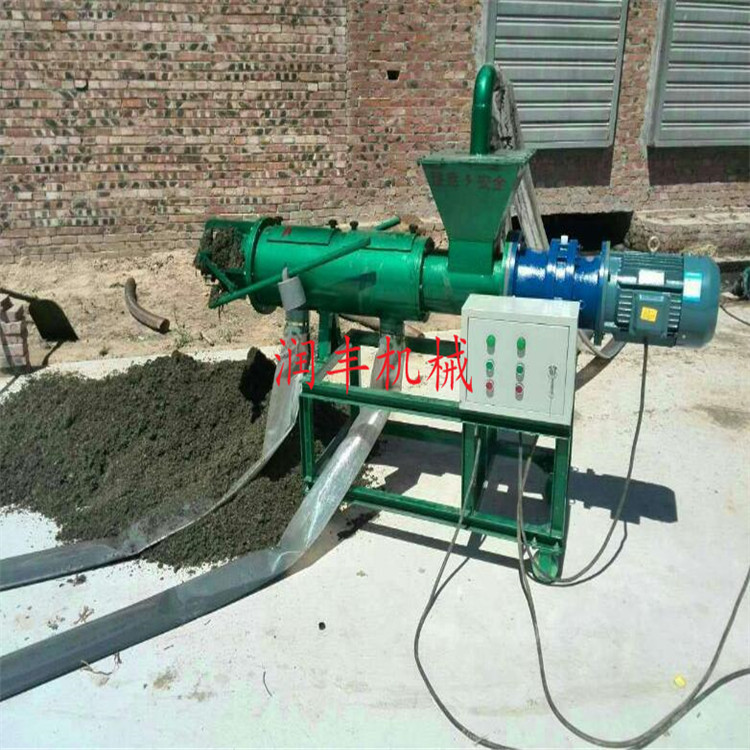The air treatment factors are in good environmental protection conditions.
Social and environmental problems have increasingly become one of the focuses of attention. Among them, air quality, as an important indicator to measure the ecological environment quality of a region or city, directly affects the quality of life and physical health of residents. Therefore, it is of great significance to explore and implement effective air control measures and create good environmental protection conditions for promoting sustainable development and enhancing people's happiness.
I. Understanding air pollution and its effects
Air pollution mainly comes from human activities such as industrial emissions, automobile exhaust, construction dust and natural phenomena such as sandstorms. These pollutants contain harmful substances, such as sulfur dioxide, nitrogen oxides, particulate matter (PM2.5 and PM10), etc. They will not only reduce atmospheric transparency and cause visual pollution, but also pose a threat to human health. Long-term exposure to polluted air may cause respiratory diseases, heart diseases and other diseases.
Second, the importance of air governance
Facing the severe air pollution situation, it is particularly critical to take scientific and reasonable control measures. On the one hand, by optimizing the energy structure, promoting the use of clean energy, strengthening vehicle emission control and other ways to reduce source emissions; On the other hand, it is necessary to establish and improve the relevant laws and regulations system, strengthen law enforcement, and ensure the effective implementation of various prevention and control measures. In addition, public participation is also a force to be reckoned with, which can enhance people's awareness of environmental protection, encourage energy conservation, and jointly safeguard the beautiful homeland of blue sky and white clouds.
Third, the specific measures to create good environmental protection conditions
Promote green transportation: vigorously develop public transportation system and advocate low-carbon travel modes, such as cycling and walking.
Strengthen industrial supervision: strictly limit the development of highly polluting industries and guide enterprises to adopt advanced production technology and equipment to reduce exhaust emissions.
Afforestation: increase the area of urban green space and improve air quality by using the functions of plants to absorb carbon dioxide and release oxygen.
Carry out publicity and education: popularize environmental protection knowledge and improve citizens' sense of responsibility and urgency in protecting the environment.
IV. Conclusion
In a word, air treatment is a complex and long-term task, which involves government decision-making, enterprise development and personal action. Only with the joint efforts of all sectors of society can we achieve a fundamental improvement in air quality and leave a cleaner and healthier living space for future generations. Let's start from now, start from ourselves, and contribute to creating a beautiful and livable earth!
 Environmental protection condi
Environmental protection condi
 Sewage treatment is of great s
Sewage treatment is of great s
 Environmental protection curta
Environmental protection curta
 The air purification is rich a
The air purification is rich a


